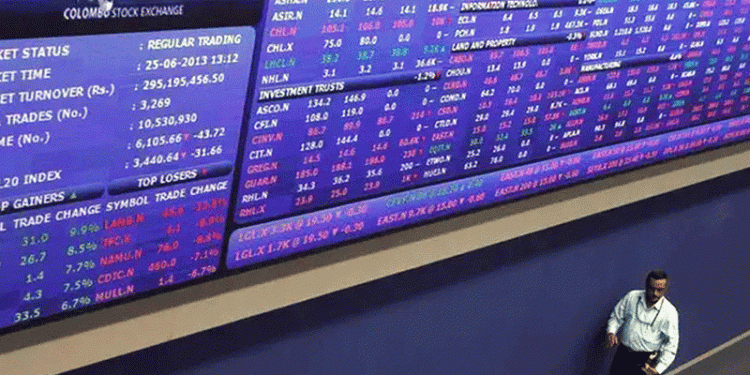 © Reuters. FILE PHOTO: British five pound banknotes are seen in this picture illustration
© Reuters. FILE PHOTO: British five pound banknotes are seen in this picture illustrationBy Tommy Wilkes
LONDON (Reuters) – Sterling fell across the board on Thursday after worries about the health of the global economy and particularly China sparked an investor exodus out of currencies considered riskier.
The pound, already struggling to make headway amid concerns about Britain’s departure from the European Union, plummeted to its lowest since April 2017 in early Asian trading after a “flash crash” – triggered by massive stop-loss sales in Japan’s yen – forced widespread selling of sterling.
The British currency hit as low as $1.2409
Markets had stabilised somewhat by the European open but the pound was still lower. Against the dollar it dropped 0.3 percent to $1.2569 by 0855 GMT. Versus the euro it was 0.7 percent weaker at 90.535 pence.
A widely-watched survey on Britain’s construction sector is due for publication at 0930 GMT, with analysts expecting a reading of 52.9 for December, down from 53.4 in the previous month, according to a Reuters poll of analysts.
“Today’s construction PMI is unlikely to get the kind of boost from inventory building that was the case in the manufacturing survey yesterday,” said Adam Cole, chief currencies strategist at RBC.
Reduced expectations for a Bank of England interest rate rise in 2019 have also weighed on the pound, as have concerns about whether British Prime Minister Theresa May can convince lawmakers to back her Brexit withdrawal arrangement before a scheduled departure date in March.
A parliamentary debate on May’s deal with Brussels kicks off next week, with a vote scheduled for the week of Jan. 14.
Fusion Media or anyone involved with Fusion Media will not accept any liability for loss or damage as a result of reliance on the information including data, quotes, charts and buy/sell signals contained within this website. Please be fully informed regarding the risks and costs associated with trading the financial markets, it is one of the riskiest investment forms possible.
Source: Investing.com




























